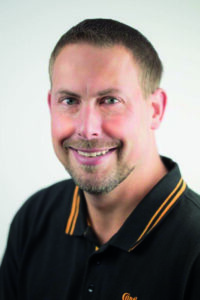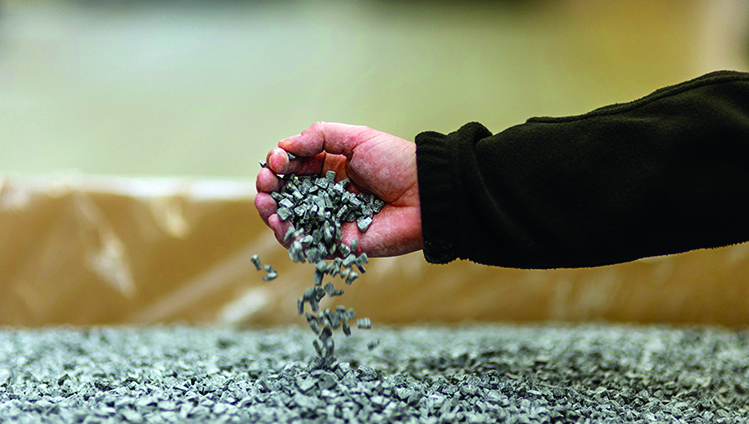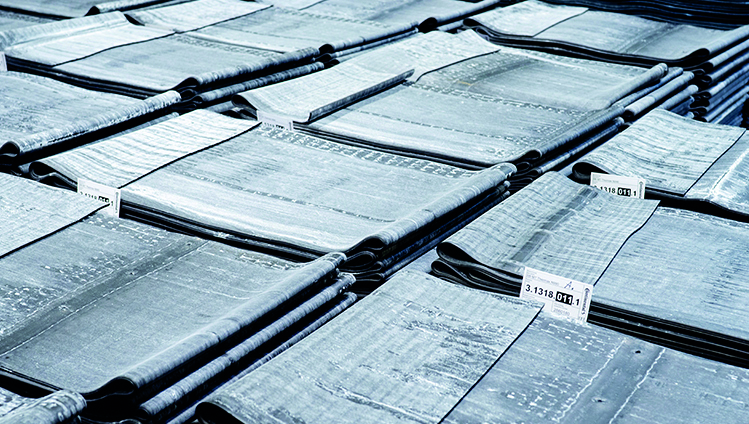TTI meets the head of test method development and industrialization at Continental
What was your career path to the position you currently hold?
My career at Continental started while I was studying chemical engineering. At that time I was already fascinated by polymers and their various applications in the industry. During my search for a diploma thesis topic, I had the opportunity to realize this by working on rheology of rubbers and rubber compounds. Following my time as a PhD student I got the chance to start working in the tire testing area of Continental in Hannover in my first permanent position. After some very interesting years with a lot of training and the first projects of my own, I wanted to look for an opportunity to be closer to the real business with real customers, so I decided to move on to a position as an automotive engineer providing technical support for one of our major OE customers. I was performing quite well in this position and was promoted to my current position.
Can you describe a typical day?
I am an early bird, so I’m in the office before 7:30am, which gives me time to check emails and meeting invitations before my first meeting at 9:00am. Since I am part of several different project review and steering teams, a lot of my work is project focused, ensuring the most effective results on very different projects. Nevertheless, my current position still gives me a great opportunity to work practically in the labs. Setting up test programs, coordinating the execution and finally running the evaluation of all available data is still an essential part of my daily work and it is this diversity that makes my day so interesting.
 What are the best parts of your job?
What are the best parts of your job?
The people. The tire business is a people business and being together with my team and colleagues from other departments is definitely the most exciting part of my job. I also really love the different aspects of my position. Always being challenged to think about innovative material testing approaches to predict very different tire characteristics such as grip, wear or rolling resistance is one of the best parts of my job. As a department leader, I am of course aware that administrative tasks are also part of my job. However, I still prefer to devote my time to innovation and research.
How has the nature of your job changed since you started?
In the almost 15 years I have been in my current position, what have changed the most are the latest developments in technology and digitalization, such as AI and simulation capabilities. This has had a major impact on our work within the last few years, but also gives great opportunities in the field of automatization and data evaluation.
Do you expect it to keep changing?
I believe that the latest developments in AI will continue to significantly influence our work. It will certainly create great opportunities for future testing and evaluation technologies and software programming, but it will also still require the engineers and chemists to check and review final results by means of human intelligence.
How many projects are you typically working on at any one time?
As the head of the department, I usually have one or two projects that I work on myself. But with almost 15 years of experience in the field of material testing and characterization, I am part of multiple project review teams to check and ensure that those projects run in the right direction.
Does your work also give you a chance to get out of the lab?
Of course – for very different reasons. Talking about new testing technologies requires a view beyond the known, and the ability to do scouting outside of the company. Attending exhibitions and conferences is also part of my job, as is visiting potential suppliers of new technologies. Also, cooperation projects with universities are essential for discovering innovative testing approaches, and these are part of my responsibility too.




